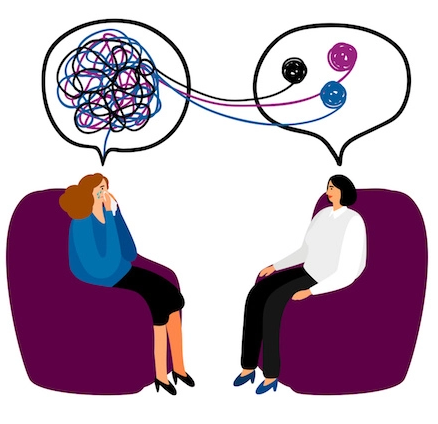Treatment
Response
Efficacy
Access and
Timing Lab
The TREAT Lab focuses on providing intensive, evidence-based treatments to those who have experienced traumatic events. Our treatment programs are intertwined with our research which aim to track individual progress throughout and following treatment. The goal is to one day be able to further tailor treatments and match an individual with the type and length of treatment in which they are most likely to succeed given their experiences.
We examine how different formats of intensively-delivered Cognitive Processing Therapy (CPT) can help those with PTSD feel better. CPT is an evidence-based psychotherapy developed for PTSD that has been proven effective at reducing the symptoms of PTSD and depression. Our goal is to develop briefer and more accessible treatments so more people can benefit from them.
What is Cognitive Processing Therapy?
Cognitive Processing Therapy (CPT) is an evidence-based therapy that focuses on helping you identify and challenge beliefs about yourself, others, and the world as a result of experiencing trauma. It’s well researched and proven to help reduce the symptoms of PTSD.
Your provider will start off by giving you an overview of the treatment. Together, you will review some information about PTSD in order to help you better understand your symptoms. Your provider probably will ask about the type of trauma you experienced, but you will not need to go into great detail right away. Your provider will also ask you to do some writing about how your trauma has affected you. Over the next several sessions, you will talk about any negative or unhelpful thoughts you have been having about the trauma, and you will work together to learn to consider other ways of thinking about the situation. You will use worksheets in session and at home that help you learn this strategy. This may sound difficult at first, but you may be more able to cope with emotions like anger, sadness and guilt by talking it over with your therapist. Towards the end of therapy, you and your therapist will focus on some specific areas of your life that may have been affected by the trauma, including your sense of safety, trust, control, self-esteem, and intimacy.

